Frequently asked questions
Does my Palace admissions ticket grant me access to the Archives?
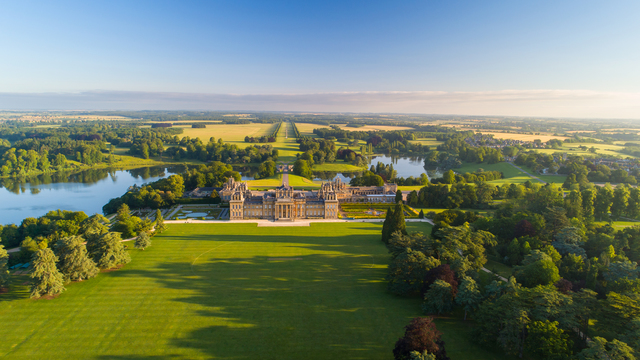
The chief aim of Blenheim Archives is to preserve and safeguard the material in our care. For this reason we need to maintain a stable, climate-controlled environment where fragile items are handled no more than strictly necessary.
This, combined with the sensitivity of certain material, means that the Archives are not open to visitors to Blenheim Palace. The intention is to make more material accessible over time and initiatives are being developed to increase both online and physical access in the future.
My ancestor used to work at Blenheim, can you give me information about them?
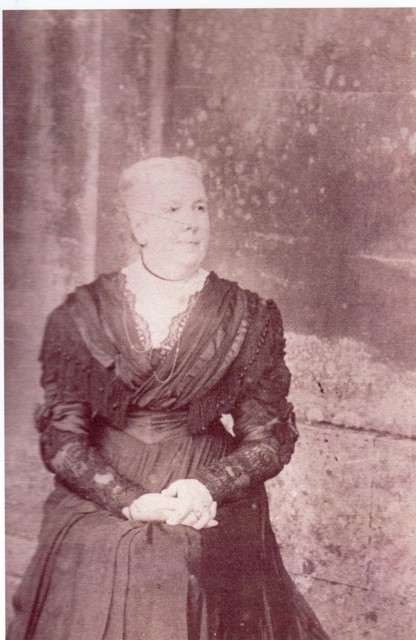
Unfortunately, records of servants working on the Dukes of Marlboroughs’ Estates are very limited. Historically, there were not the same kinds of human resources records that are kept today. Consequently, we cannot guarantee that we will find information about people who have lived and worked at Blenheim Palace and on the Estate.
Genealogical information held in the archives is confined to the following categories:
- Tenants holding properties such as farms or cottages directly of the estate – rental details only.
- Estate and household staff – employment details only.
- We cannot undertake a genealogical search without at least narrowing the search dates to a 10-year window.
- We do not hold birth, death or marriage records, or information relating to the family members of tenants and employees. For these please contact Oxfordshire History Centre.
- We do not hold references from former employers or job descriptions.
- Please note that records are closed for 100 years from the date of creation in line with Data Protection & GDPR legislation.
Information about people who have lived and worked on the Estates can sometimes be found in Estate ledgers. These books list how, when and where money was spent. From time to time the names of servants are noted because they have done a particular job and are paid extra. However, most commonly the Head Gardener or Butler or Housekeeper were given a lump sum of money from which they paid the servants under their care. They would write all the payments in their own ledgers or books (which are not held in Blenheim Archives) so there is often no formal record of an individual’s employment at Blenheim. Where records do exist, they tend to take the form of a single line entry in a ledger with details of the servant’s name, their work and payment date.
Over the years in response to ancestral inquires, cataloguing and related research, an ongoing database has been created capturing as much information as possible about individuals and families who have worked and lived on the Estate. This means that although there may not currently be the details you are looking for, these may be found in the future.
It is not possible to visit Blenheim Archives to carry out genealogical searches. This is because the ledgers are fragile, the writing is often difficult to read and it takes a long time to study them in detail.
Genealogical sources are available through other services.
If you decide to make an enquiry directly to Blenheim Archives, the Archivist can carry out a search on your behalf on receipt of a completed Blenheim Archives Enquiry Form sent to archives@blenheimpalace.com. It is helpful if you include all known information that is relevant to the search (for example, names/dates of birth/dates of marriage and death, and approximate dates of employment and position held).
For information about how Blenheim processes and stores your information, please see the Blenheim Archives Privacy Policy.
There is a £30 non-refundable charge for this service. We cannot guarantee that we will find information about people who have lived and worked at Blenheim Palace and on the Estate. This does not mean that they did not work for the Palace, we just do not have a record of their employment as there were not the same HR records kept during this period. Where possible, we will respond with our findings within 28 working days, though there may be occasions when we cannot reply fully within that timeframe.
My ancestor lived in an Estate property, how can I find out about the house?
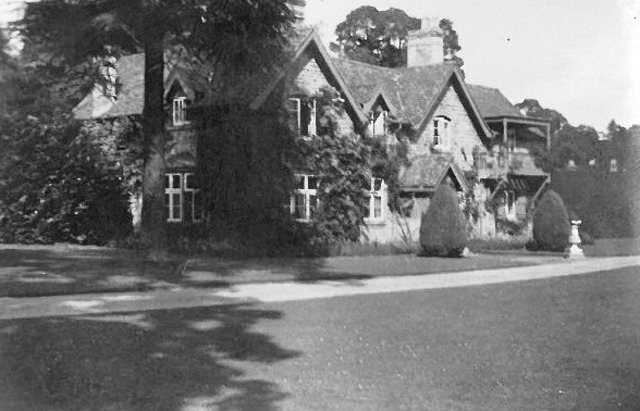
Limited information can be provided relating to house history. This is because there are confidentiality issues surrounding making rental lists and tenancy agreements accessible to members of the public.
It is not possible to visit Blenheim Archives to carry out house history searches. This is because the ledgers and documents are fragile, the writing is often difficult to read, and it takes a long time to study them in detail.
There are alternative services which may prove more helpful for this kind of research.
It may also be helpful to check your property deeds as you may find the answers within these documents. The archives do not contain information about dates of construction for individual buildings, and there are very few historic photographs of estate properties.
If you decide to make an enquiry directly to Blenheim Archives, the Archivist can carry out a search on your behalf on receipt of a completed Blenheim Archives Enquiry Form sent to archives@blenheimpalace.com. It is helpful if you include all known information that is relevant to the search (for example, property names and address/dates of interest/known owners or tenants).
For information about how Blenheim processes and stores your information, please see the Blenheim Archives Privacy Policy.
There is a £30 non-refundable charge for this service. We cannot guarantee that we will find information about the property or its residents as we have limited information about tenants. Where possible, we will respond with our findings within 28 working days, though there may be occasions when we cannot reply fully within that timeframe.
I am interested in local history, how can I find out whether Blenheim Archives has information about where I live?
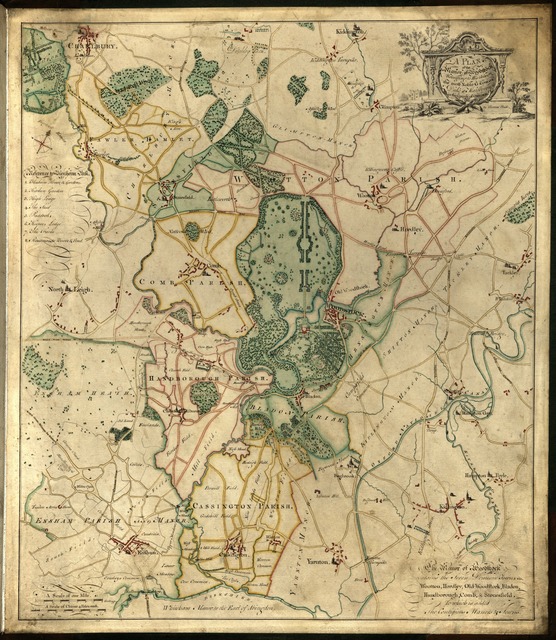
Blenheim Archives holds a considerable amount of historic land and property documents as well as maps and plans of the Dukes of Marlborough’s Estates in Buckinghamshire, Oxfordshire, Surrey and Wiltshire.
Blenheim is committed to enhancing the lives of local people and other stakeholders and to sharing this magnificent place. For this reason the Archives supports non-commercial groups while they are researching the history of their community and its relationship with the Dukes and Duchesses of Marlborough and the Spencer-Churchill Family.
There are alternative services which may prove more helpful for this kind of research.
If you decide to make an enquiry directly to Blenheim Archives, the Archivist can carry out local interest inquiries to identify any relevant holdings that could develop your understanding of your historic community. If relevant material is present and catalogued, it may be possible for researchers to visit the Archives to carry out their own research about their area under the supervision of the Archivist at prior arranged times. Please send a completed Blenheim Archives Enquiry Form to archives@blenheimpalace.com.
There is a £30 non-refundable charge for visits to the Archives or for the Archivists to carry out research on your behalf. There may be occasions when it is not possible to access the information due to the condition of the material and/or its cataloguing status. Where possible, we will respond with our findings within 28 working days, though there may be occasions when we cannot reply fully within that timeframe.
For information about how Blenheim processes and stores your information, please see the Blenheim Archives Privacy Policy.
How can I find out whether Blenheim Archives holds an item that would be useful for my academic research?
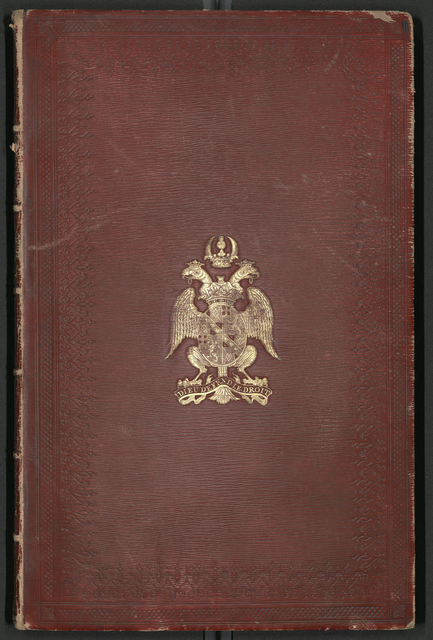
Many books have been written about Blenheim Palace and the Spencer-Churchill family. An extensive (but not exhaustive) Blenheim Bibliography has been created because often the answers to your questions can be found in existing published literature.
If you would still like to contact the Archivist, please send a completed Blenheim Archives Enquiry Form to archives@blenheimpalace.com.
It is helpful to complete the forms with as much detail as possible and be clear about what information you are looking to find. There is currently no charge for this service.
Please be advised that it may take some time to answer your enquiry, but it is anticipated that you will receive a comprehensive response within 28 working days.
In exceptional cases, researchers are able to visit the Archives strictly for specific research purposes, subject to the access restrictions. To apply for access you need to complete the Blenheim Archives Access Request Form detailing the nature of your research, the material which you wish to access and how you plan to use the information. Please be aware that it is not possible to remove any items from the Archives and items may only be consulted under the supervision of the Archivist. Visits are strictly by appointment and tend to be available most weekdays between the hours of 10am and 1pm. As a small service we are not always able to accommodate researchers on the first day of their choice, so please include some alternative dates if possible. We ask all researchers to give a minimum of two weeks’ notice of any visit. There is a £30 charge per person per visit.
For information about how Blenheim processes and stores your information, please see the Blenheim Archives Privacy Policy.
I have an item I would like to donate to Blenheim Archives, how can I do this?
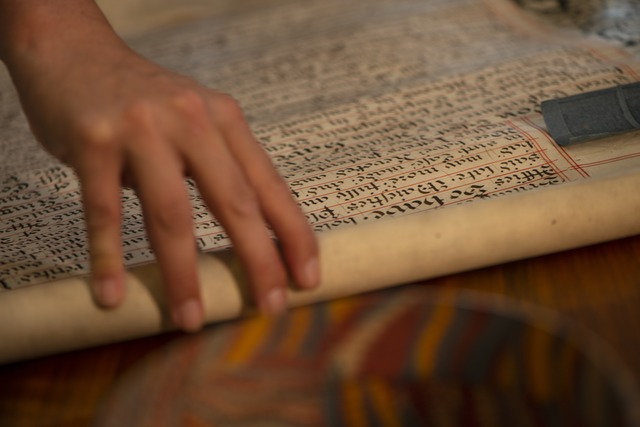
One of Blenheim’s 10 Year Goals is to restore the historical collections by bringing back to Blenheim items that were lost or sold in the past.
Generally, Blenheim does not purchase material destined for long-term preservation.
Donated records of historical value and enduring public interest are accepted in line with the Archives Collection Policy. Items would include:
- Records reflecting the administrative organisation of the Dukes of Marlboroughs’ Estates, including ledgers, cash books, correspondence, invoices and receipts
- Land and property documents, maps and plans of Estate holdings in Oxfordshire, Buckinghamshire, Surrey and Wiltshire
- Records of those working and living on the Blenheim Estates, including wage books, cottage rental records and correspondence
- Photographs of the Spencer-Churchill Family, Palace events and guests, servants, the Palace and grounds
Donors can be reassured their material will be professionally preserved for posterity. All archival material is housed in specialist storage material, is catalogued to industry standards and stored in the environmentally monitored Archives repository at Blenheim.
If you have items that you think might form part of this historical collection please email archives@blenheimpalace.com.
For information about how Blenheim processes and stores your information, please see the Blenheim Archives Privacy Policy.
Why are some of the items closed to researchers?
In most cases, this will be because the item has not yet been catalogued. We have a duty to keep all of our Archives items safe and secure, so we cannot produce them for researchers until we have made sure that we have full details of that item noted in our record-keeping system. Other possible reasons include:
- Confidentiality requirements, if the item was created less than 100 years ago
- The condition of the material
- The sensitivity of its content
- Legislative constraints (e.g. Data Protection Act 1998/Freedom of Information Act 2000)
If an item is closed now, there is a good chance that it will become open for research in the future. We hope to make as much material as possible accessible as soon as possible.
Why are we charging?
Owing to increased demand, it has become necessary to charge for research work undertaken by our Archives department.
A small professional team manages the Blenheim Palace Heritage Foundation Archive; no public funding is received towards its conservation and preservation.
It has become common practice across the Archives sector for researchers to be charged for using the service.
This fee helps with the storage and retrieval of the large volume of paperwork involved.
Research fees support the running costs of the service and will be used to protect, conserve and preserve archival material and to extend our digital library.
For image fees for research and commercial use, please see our rates.
